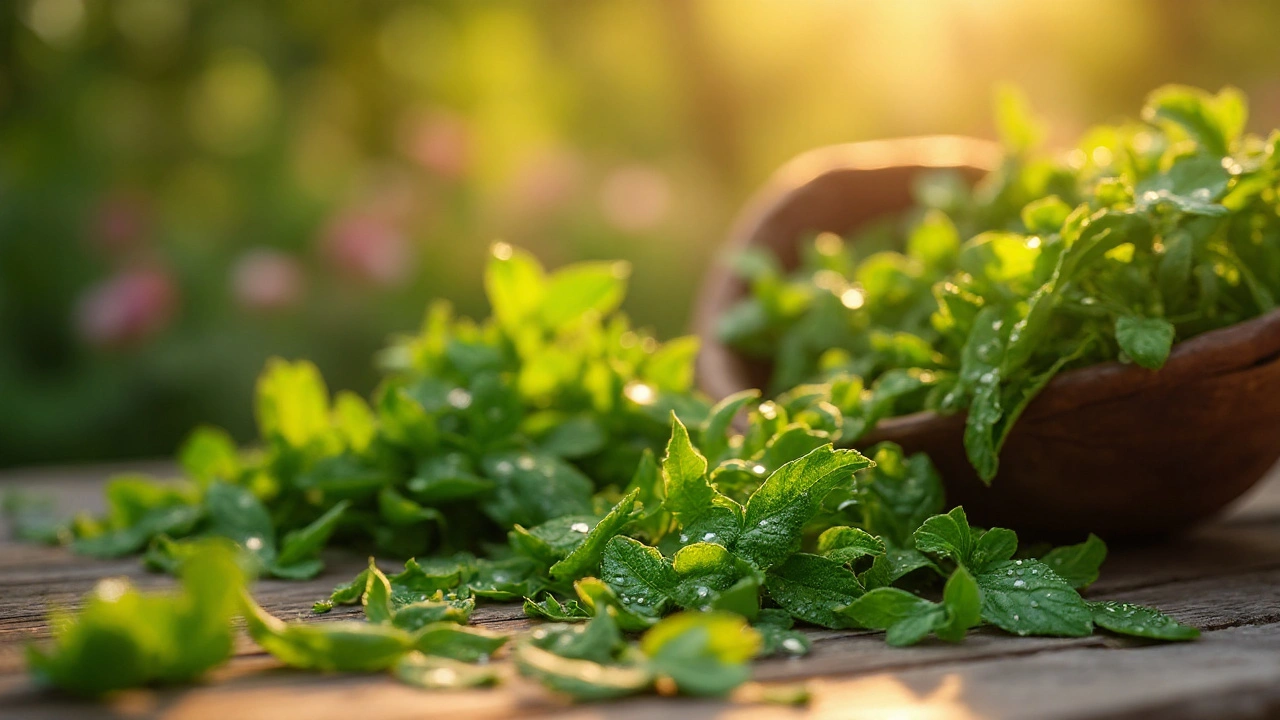Hemlock Water Dropwort Supplement: What It Is and How It Works
Hemlock Water Dropwort, also called Oenanthe crocata, is a wild plant that some people turn into a dietary supplement. The extract is usually sold in capsules or liquid form and is marketed for its possible calming and anti‑inflammatory effects. The key compounds are called oenanthine and other alkaloids that may influence the nervous system. While the plant itself is toxic if eaten raw, the supplement is processed to remove dangerous levels of toxins.
Potential Benefits You Might Feel
If you’re looking for a natural way to ease occasional stress or mild joint aches, a Hemlock Water Dropwort supplement could be worth a try. Users report a gentle reduction in nervous tension, similar to what you might feel from a mild herbal tea. Some also mention relief from minor muscle soreness after workouts. Remember, the evidence is mostly anecdotal, so results can vary.
How to Take It Safely
Start with the lowest dose the manufacturer suggests—usually one capsule (about 250 mg) once a day. Keep a week’s gap before you decide to increase the amount. If you feel dizziness, stomach upset, or any unusual reaction, stop and talk to a health professional. Pregnant or breast‑feeding people should avoid this supplement altogether because the safety data is limited.
When you buy, choose a brand that does third‑party testing and lists the exact amount of active extract on the label. Look for certifications like GMP (Good Manufacturing Practice) to ensure the product isn’t contaminated with extra toxins.
Pairing the supplement with a balanced diet and regular exercise can help you notice any benefits faster. Don’t rely on it as a replacement for prescribed medication—use it as a complementary option only after checking with your doctor.
In short, Hemlock Water Dropwort supplement may offer mild calming and anti‑inflammatory help, but safety comes first. Start low, watch your body’s response, and buy from reputable sources. With the right approach, you can try this herb without risking the poisonous side of the original plant.

